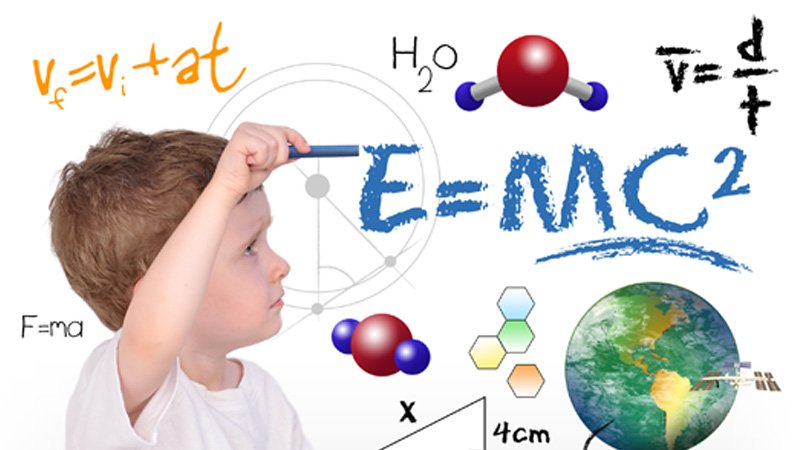
Description
ABOUT THE COURSE:The objective of the course is to teach students about different algorithms for efficiently solving large matrix problems. One focus is discussing the mathematical background behind these schemes and the other focus is showing their implementations. The course will first try to present a basic understanding of fundamental issues of linear algebra relevant to matrix solutions. This will also discuss direct solution schemes like TDMA which has utility in scientific computing codes. The later half of the course will focus on iterative schemes for large matrices. Issues with convergence of the solvers will also be discussed. Students will be introduced to Krylov space based fast solvers. Implementations will be demonstrated using working codes. Techniques for improving convergence like preconditioning and multi-grid will also be briefly introduced.As an outcome of the course, a student will build an understanding of the matrix equations and suitable solution algorithms for them. This will help him to develop his own solver as well as to appreciate the open-source/commercial libraries of linear algebra and to utilise them efficiently.INTENDED AUDIENCE: Basic science, EngineeringPREREQUISITES: PG course but senior UG students may credit it
Tags
Syllabus

Matrix Solver
-
TypeOnline Courses
-
ProviderSwayam
Tags
Related Courses


Bases Matemáticas: Números y terminología

Matemáticas básicas

Generative Art and Computational Creativity

Mathematics XI Part-II

Wiskunde voor (startende) studenten

Master of Data Science

Math for Machine Learning

NMTA Middle Grades Mathematics (203): Practice & Study Guide

Precalculus Algebra: Help and Review

PLACE Mathematics: Practice & Study Guide


 Online Courses
Online Courses  Swayam
Swayam
